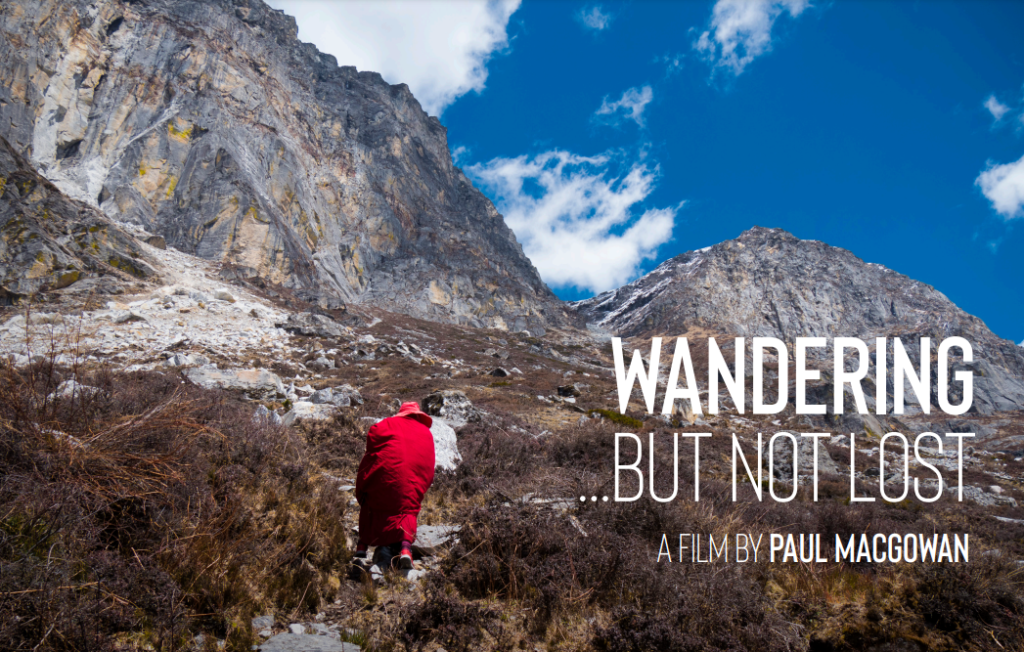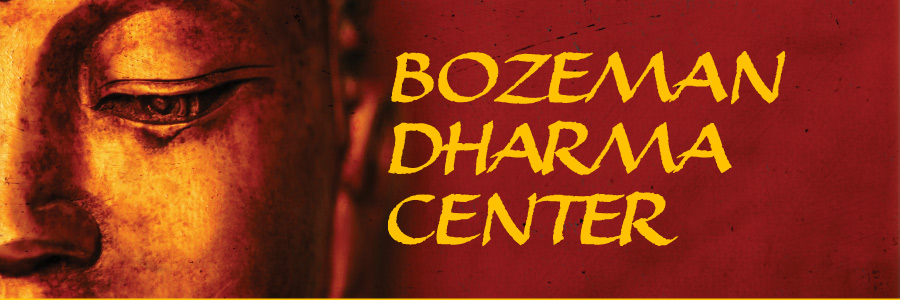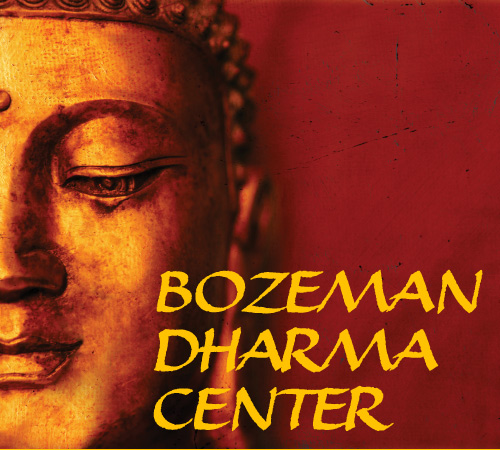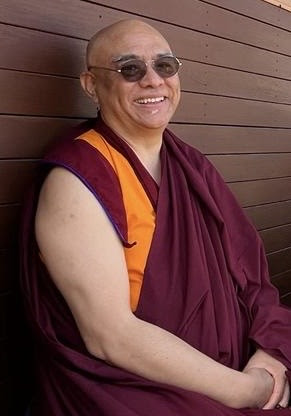Tergar Bozeman is excited to offer a screening of the film Wandering… But Not Lost detailing the account of Yongey Mingyur Rinpoche’s four-and-a-half-year wandering retreat on Friday, May 31 from 7-9 PM.
The Wandering . . . But Not Lost film is an intimate account of Rinpoche’s four-and-a-half-year retreat (June 2011 – November 2015) interspersed with the master’s own guidance in applying Buddhist wisdom to our daily modern lives.
Under cover of darkness and with no word of his plans, much-beloved Tibetan Buddhist Meditation Master Yongey Mingyur Rinpoche walked away from his life on the international stage to live that of a wandering yogi. Unheard of among eminent teachers today, such a practice is rife with hardships. For Mingyur Rinpoche, these challenges—begging, finding food and shelter, illness, and all the attendant risks of wandering incognito from place to place with the barest of possessions—present fertile ground for deepening insight into the true nature of the mind.
Layered over this story is exotic footage of ancient and holy places, such as Langtang, Nubri, Dolpo, and Lapchi where Tibet’s most famous yogi and poet Jetsun Milarepa (1052-1135) lived in solitary meditation. Kushinagar, where the Buddha passed away, Varanasi, Rishikesh, Ladakh, and Amritsar are also featured, along with one of the holiest Hindu shrines on the subcontinent: Vaishno Devi, reached by an arduous 14-kilometer hike up a mountain path full of joyous Hindu pilgrims.
About the Directory/Producer
The director and producer of the Wandering But Not Lost film is Paul MacGowan. In the video production business for over 33 years, Paul MacGowan has brought his well-honed skills to a wide range of film and video projects. His credits include award-winning films, such as an editor on Jeff Stimmel’s The Art of Failure: Chuck Connelly Not for Sale (2008), winner of the 2009 Emmy Award for Outstanding Programming in Arts and Culture, and recipient of a New England Emmy in 2001 as producer/director for Lives in Transition, a documentary that aired on Public Television. Paul’s other documentary producer/director work includes Herb Savel Carves the Holocaust in Wood, Speak Out for Understanding I & II, It’s the Numbers Game and A Joyful Mind, a film made with Mingyur Rinpoche about what it means to meditate, on what modern science reveals about its benefits, and on how meditation and mindfulness can be used in workplaces and schools. Paul is a longtime meditator and Buddhist; he attended Naropa University in 1981 and first travelled to Nepal 1983 where he met Mingyur Rinpoche’s brother, Chokyi Nyima Rinpoche and
practiced under his guidance.
No registration necessary. Donations to support Tergar Bozeman are gratefully accepted. Suggested donation $5-$15.





